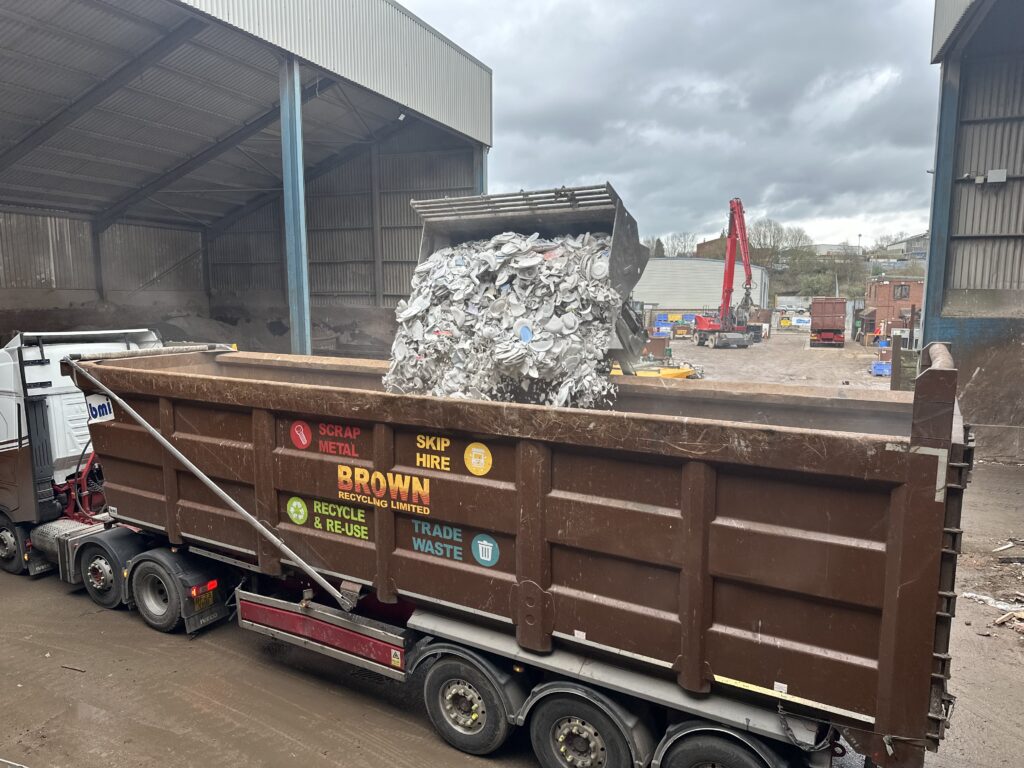The proposed WEEE directive is expected to be adopted by the European Parliament and Council this December for transposition to domestic law by September 2004. Mr Wilson revealed the government's view at a meeting of the Associate Parliamentary Sustainable Waste Group last night.
“This is not a one-size-fits-all directive,” Mr Wilson said, “we must make sure that what we put in place fits the directive but does not put the UK at a disadvantage. Costs are predicted to be between 200m and 400m, depending on how we implement the directive.”
The minister said that the government would be consulting key stakeholders at every stage of the process of implementing the European regulations into UK law. He said the DTI would be putting forward a number of options before inviting comments and then refining the proposed regulations before implementing them.
“We start with a rather blank piece of paper,” Mr Wilson said, “but it can't stay blank for long if we are to implement the directive in time. I can assure you, however, that it will be an inclusive process.”
The directive's proposed first target is for 4kg of WEEE to be collected and treated per head of the population each year. This standard is to be achieved by 2006, but the energy minister said that the UK has already surpassed this figure.
“The UK is already seeing around 7kg per head per year of WEEE being treated,” he said. “Nevertheless, we cannot afford to be complacent as these targets will rise in the future.”
Mr Wilson said that research carried out by PriceWaterhouseCooper on behalf of the DTI suggested that the WEEE Directive would save around 340,000 tonnes of waste going to landfill each year. The minister's message to the waste management industry was that they should view the directive as a positive measure rather than a problem.
“It would be a mistake to think that this legislation is a burden,” he said, “it's a challenge, but it's an opportunity for the waste management industry to expand, improve and take advantage of the business.”
For more information on the WEEE Directive, see the letsrecycle.com legislation section.











Subscribe for free